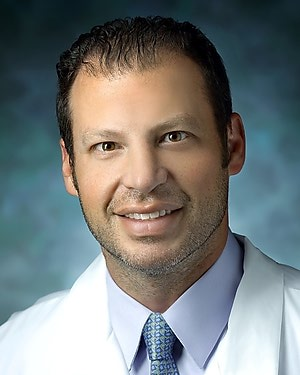Neuroplastic Movement Disorders Surgery
Neuroplastic approaches are most valuable for patients with movement disorders — such as Parkinson’s disease, essential tremor and dystonia — that are medicine-resistant and require some form of deep brain stimulation. Your neurosurgeon and neuroplastic surgeon will work side by side to help reduce the risk of scalp or skull-related complications following surgery, including infections, wound edge separation and visible deformity.


